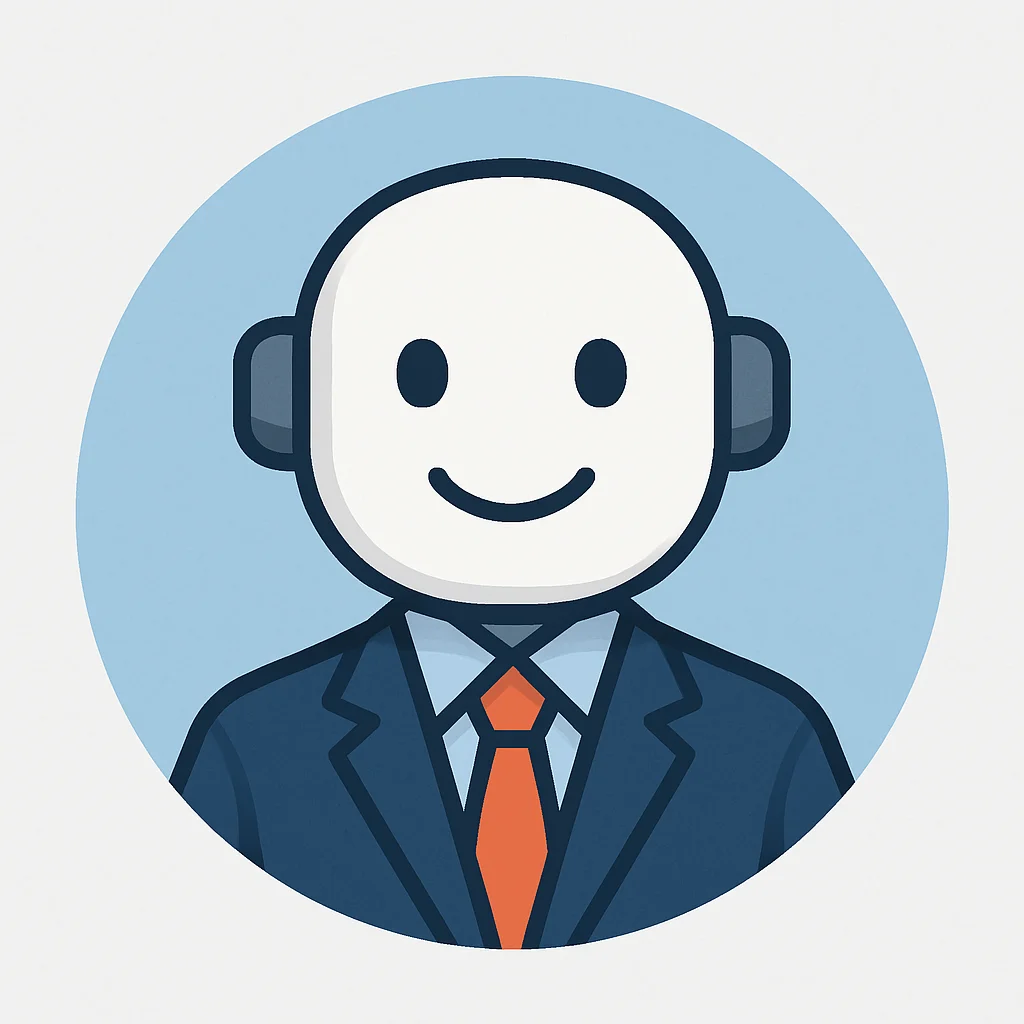In the quiet rhythms of your workday—the morning caffeine ritual, the gentle hum of fluorescent lights, the familiar cadence of footsteps echoing through hallways—you sense a subtle but profound change. This shift isn’t announced loudly at company-wide meetings nor splashed dramatically across internal memos; instead, it weaves silently into the fabric of your daily tasks. At its heart lies the rapid evolution of artificial intelligence, the latest of which launched last week; OpenAI’s GPT-4.5.Bottom Line Up Front: _This article explores the quiet but transformative arrival of GPT-4.5 in the modern workplace—an AI capable not just of completing tasks, but of reflecting tone, intention, and human nuance. You’ll learn how this shift is reshaping roles, decentralizing expertise, and elevating the human contributions of creativity, empathy, and leadership. Rather than replacing human effort, GPT-4.5 invites a redefinition of work—where strategic insight and authentic communication take center stage. The challenge now is not adoption, but intentional integration: how will your organization pair AI’s precision with human purpose?
In the quiet rhythms of your workday—the morning caffeine ritual, the gentle hum of fluorescent lights, the familiar cadence of footsteps echoing through hallways—you sense a subtle but profound change. This shift isn’t announced loudly at company-wide meetings nor splashed dramatically across internal memos; instead, it weaves silently into the fabric of your daily tasks. At its heart lies the rapid evolution of artificial intelligence, the latest of which launched last week; OpenAI’s GPT-4.5.
GPT-4.5 is not merely another incremental step; it represents a leap forward in AI’s capacity to engage with human complexity. Enhanced by richer datasets, refined algorithms, and a nuanced grasp of human emotions, GPT-4.5 speaks not just in words but in resonant ideas. It listens, learns, and creates with a kind of empathetic precision previously reserved for human intuition alone. It whispers back to you with understanding, mirroring your tone, sensing your needs—transcending the mechanical response of prior AI.
In corporate offices from New York to San Francisco, GPT-4.5 quietly reshapes the roles you’ve long held sacred. Tasks that once consumed hours—composing nuanced emails, drafting strategic white papers, or interpreting intricate analytical signals—are now completed in moments. Yet, this newfound efficiency raises questions that echo in boardrooms and break rooms alike: What becomes of our roles when AI can replicate not just routine tasks but the creativity and insight we value most?
A recent study underscores this shift vividly, showing that by late 2024, nearly half of corporate communications, even sensitive job postings, bore the subtle fingerprints of AI-driven language models. Human writers, editors, and strategists found themselves not replaced but recalibrated—leaning into higher-level decision-making, ethical oversight, and creative direction. This profound transition, rather than eliminating human roles, has deepened their necessity. AI has freed you not from your job, but to a higher calling within it that you must answer.
Yet, the path forward demands careful consideration. As we integrate GPT-4.5 into their operations, we face a paradox. On one hand, AI empowers unprecedented productivity and precision; on the other, it risks diluting the authentic human voice. How does an organization maintain trust and sincerity when the words that bind its culture, motivate its employees, and communicate its values may originate not from humans but from algorithms? The answer lies in intentionality—using AI not as a replacement but as a trusted partner that enhances human authenticity rather than replacing it.
Economic implications are equally profound. Bloomberg recently highlighted that AI reasoning models like GPT-4.5 and in a couple months GPT 5, are fundamentally reshaping not just jobs but entire economic paradigms. Expertise, traditionally scarce and expensive, is now abundantly replicated by machines capable of reasoning and decision-making at scales and speeds previously unimaginable. This democratization of expertise forces you and your colleagues to rethink what it means to hold knowledge. It invites organizations to decentralize their innovation, spreading creative power widely rather than bottling it within hierarchical structures.
Yet, amid these shifts lies a profound sense of possibility—a quiet optimism that echoes through the corridors of your office. AI’s true gift is not the displacement of human effort but its elevation. Mundane tasks fade away, replaced by the freedom to explore new horizons. GPT-4.5 doesn’t just replicate thought—it amplifies it, freeing your capacity for strategic foresight, genuine creativity, and human empathy. It is here, in these uniquely human strengths, that the future shines brightest.
This new partnership between human intelligence and artificial reasoning is not a challenge to your identity but a reaffirmation of it. Your value is now defined less by your ability to perform tasks and more by your capacity to imagine, empathize, and inspire. The tools AI provides—like GPT-4.5—are simply extensions of your own creative spirit, vehicles for a deeper engagement with work that matters.
And so, as you move forward in this gently shifting landscape, the question isn’t whether you should embrace these technologies, but how. How will you steward this powerful capability responsibly, ethically, and authentically? The Bloomberg analysis concludes that the organizations poised to thrive will be those who blend AI’s immense computational strength with genuine human wisdom, those who weave technology deeply into their cultural fabric while remaining rooted in authentic human purpose.
You stand at the threshold of profound transformation—one that is quietly revolutionary yet remarkably hopeful. The future of work isn’t solely technological; it’s profoundly human. Embrace this moment thoughtfully, recognizing AI not as a competitor but as a companion, helping you fulfill a deeper, more meaningful vision of your work, your identity, and your purpose in an ever-evolving world.






Comments
With an account on the Fediverse or Mastodon, you can respond to this post. Since Mastodon is decentralized, you can use your existing account hosted by another Mastodon server or compatible platform if you don't have an account on this one. Known non-private replies are displayed below.